Sustainable Farming
A Rocha Kenya and Farming God's Way - Sowing Seeds of Hope
At A Rocha Kenya, our vision is rooted in both conservation and hope. We believe in empowering communities to become stewards of their land through sustainable practices. This is why we implement Farming God’s Way (FGW), a method of agriculture that aligns with our core values of environmental responsibility and community upliftment. FGW is a biblically based approach to conservation agriculture that seeks to increase crop yields, restore soil health, and reduce reliance on external inputs, all while honouring God’s creation.
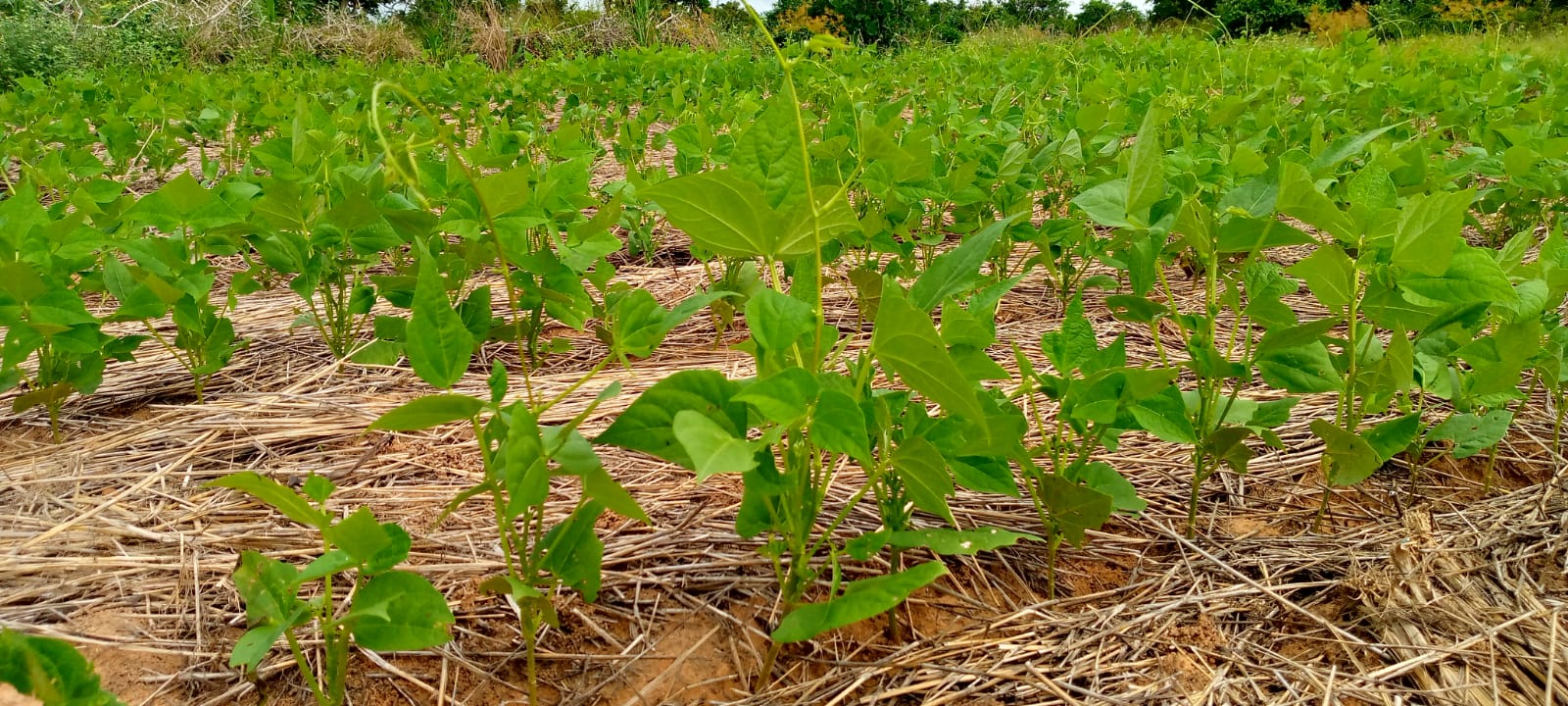
The Principles of Farming God's Way: Nurturing the Land, Building Resilience
Farming God’s Way is based on key principles that mimic natural ecosystems and promote long-term sustainability. These include:
1. Minimum Soil Disturbance (No-Till)
Conventional tillage, or ploughing, disrupts the soil’s delicate structure, leading to erosion and the loss of vital topsoil. FGW’s no-till approach minimises this disturbance, preserving the soil’s natural layers. This allows for better water infiltration and nutrient retention, fostering a thriving community of beneficial soil organisms essential for healthy plant growth.
2. Permanent Soil Cover (Mulching)
In natural ecosystems, the soil is consistently covered with organic matter. FGW replicates this by using mulch, referred to as “God’s blanket.” This layer of organic material, such as crop residues or grass, acts as a protective shield, preventing erosion from wind and rain, conserving soil moisture, and suppressing weeds.
3. High Standards Planting
FGW emphasises precise planting techniques to maximise yields. This includes carefully determining the optimal spacing and depth for each crop, considering factors such as sunlight, water availability, and nutrient requirements. By ensuring proper planting, we minimise competition between plants and promote healthy growth.
4. Crop Rotation
Planting the same crop in the same field year after year can deplete soil nutrients and increase the risk of pests and diseases. FGW’s crop rotation system involves planting a variety of crops in a planned sequence. This practice improves soil health by replenishing different nutrients and breaking pest and disease cycles.
Beyond the four core principles, we also observe key practices, including Weed control, where consistent and effective weeding minimizes competition for resources. We Avoid Burning Crop Residues, utilizing them to cover the soil. We focus on Waste Minimisation, reducing waste of time, money, seeds, inputs, soil, and water. Finally, we implement Integration of Trees, combining crops and trees to improve the long-term sustainability of the land.
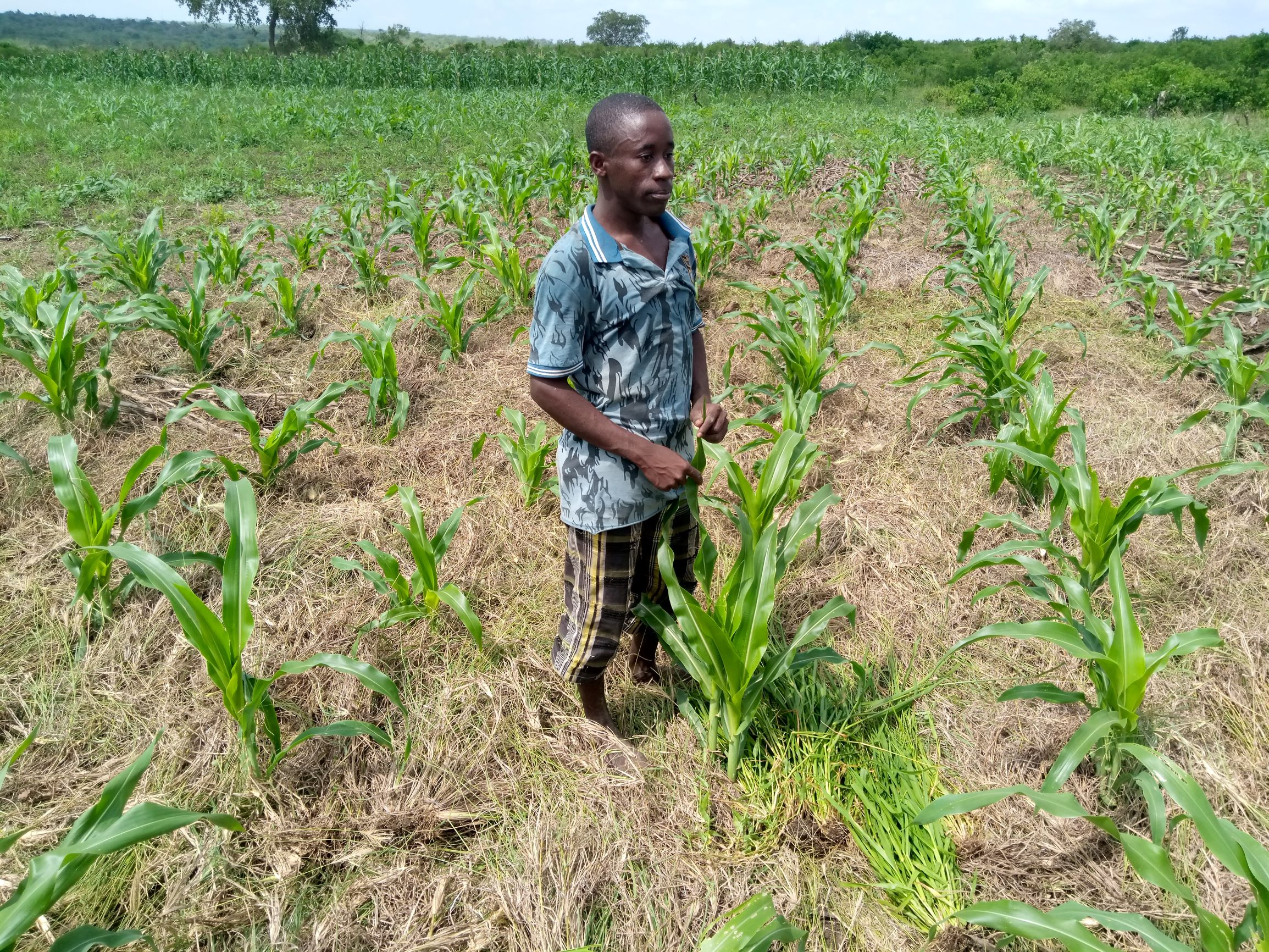
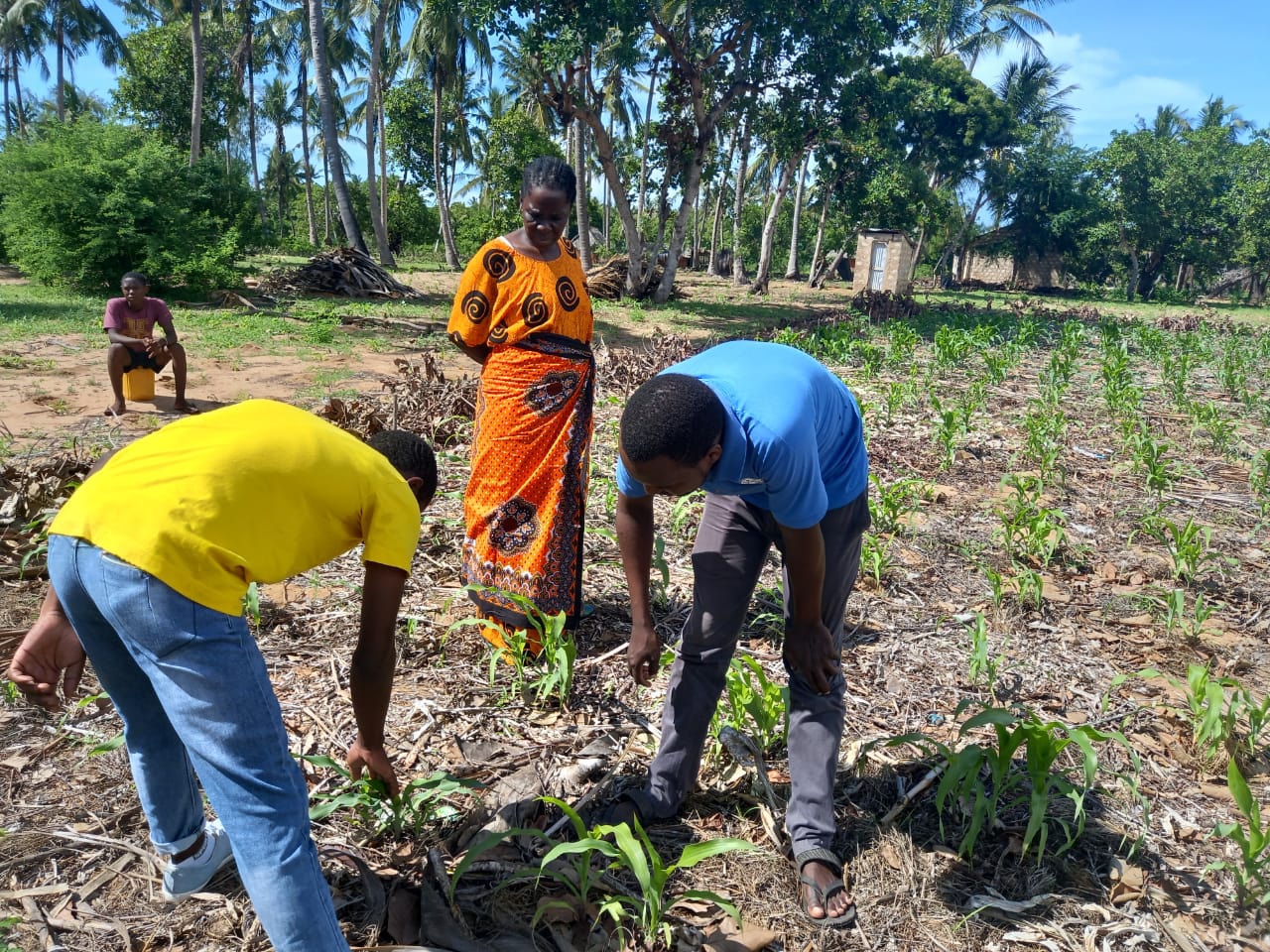
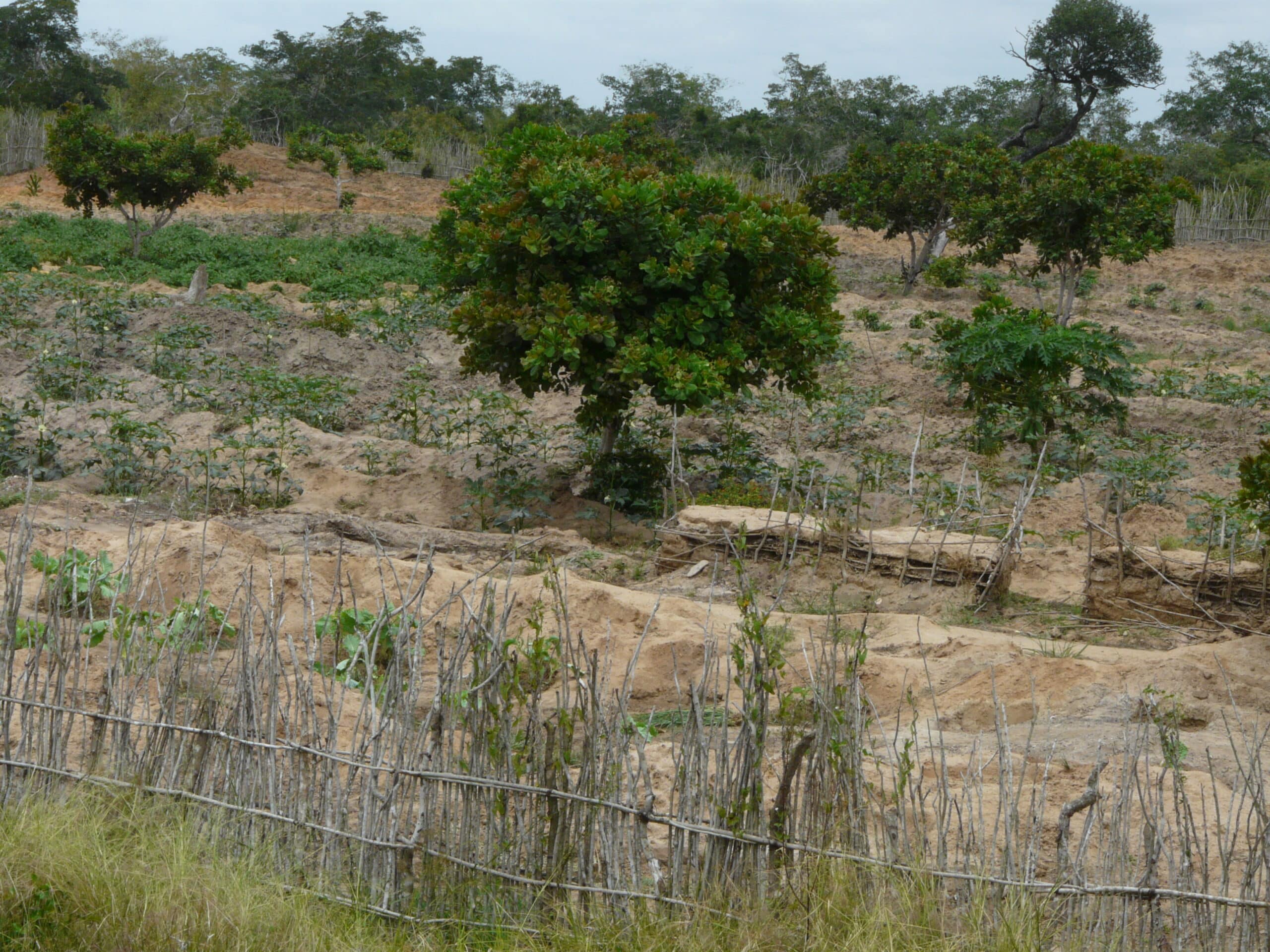
Benefits of Farming God's Way: Cultivating Abundance, Restoring Ecosystems
Farming God’s Way offers numerous advantages for both farmers and the environment:
- Increased Crop Yields: FGW methods often result in significantly higher yields compared to conventional farming. For instance, farmers using FGW have reported increases in maize yields of up to 300%. This is due to the improved soil health, water retention, and reduced erosion achieved through FGW practices.
- Improved Soil Health: No-till and mulching practices restore soil fertility, structure, and water retention. Healthy soil is more resilient to drought and requires fewer external inputs, such as fertilisers.
- Reduced Erosion: Soil cover prevents erosion from wind and rain, preserving valuable topsoil and reducing sedimentation in waterways.
- Water Conservation: Mulch helps retain soil moisture, reducing the need for irrigation, especially in arid and semi-arid regions.
- Lower Input Costs: FGW minimises the need for expensive fertilisers and pesticides, reducing farmers’ expenses and increasing their profitability.
- Environmental Stewardship: FGW promotes responsible management of natural resources, reducing the environmental impact of agriculture.
- Community Empowerment: By increasing food production and reducing reliance on external inputs, FGW empowers local communities, improving their food security and economic well-being.


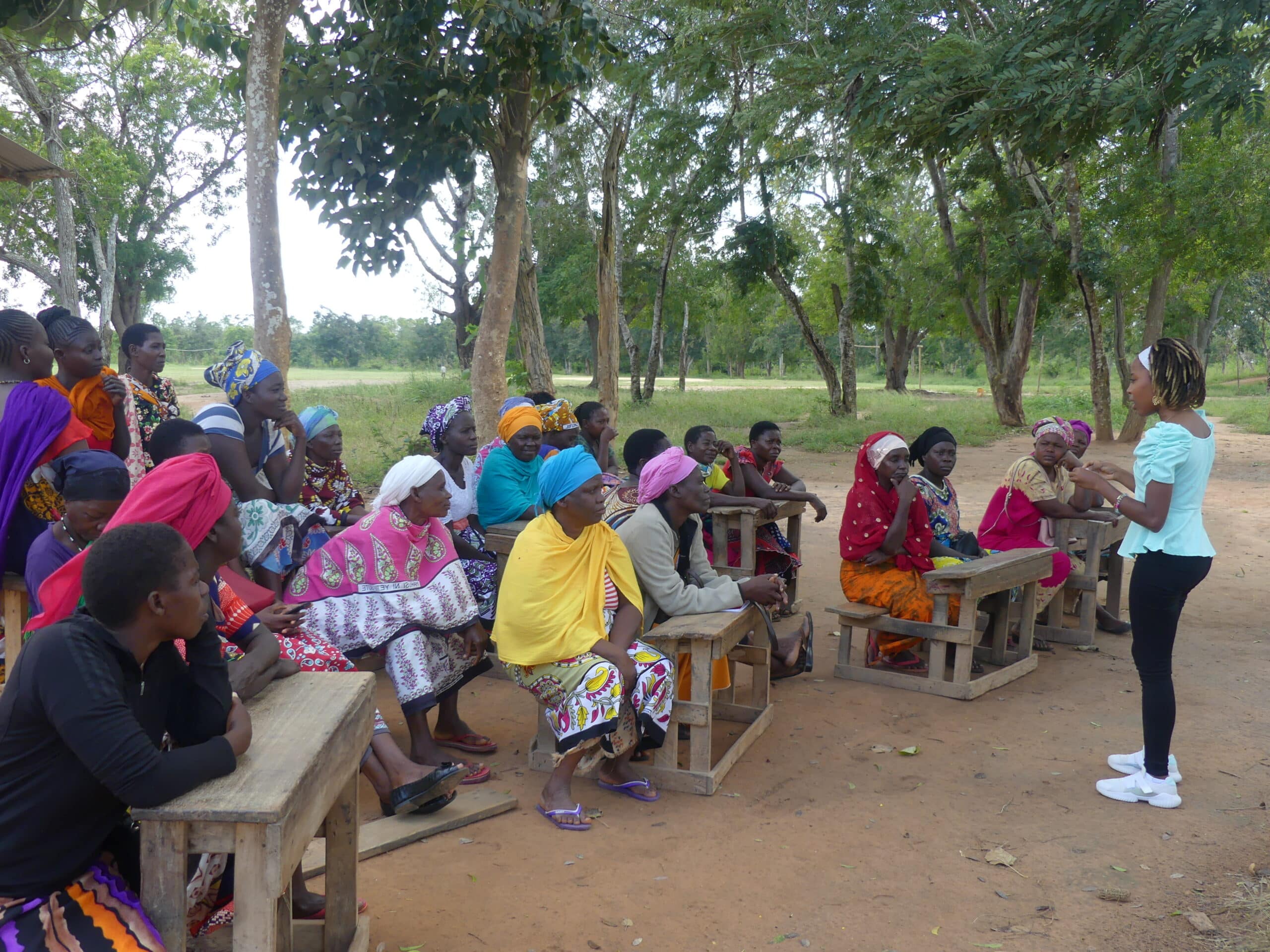
A Rocha Kenya's Implementation of Farming God's Way: Empowering Farmers, Restoring Land
A Rocha Kenya integrates Farming God’s Way into our sustainable livelihoods programmes, working directly with communities to provide training and support. We empower farmers with the knowledge and skills to implement FGW principles, enabling them to improve their food security and income while caring for the environment. Our FGW projects often include:
Training and workshops: Providing practical instruction on FGW techniques, including no-till planting, mulching, and crop rotation.
Demonstration farms: Showcasing the effectiveness of FGW methods through on-site demonstrations and field days.
Ongoing support and mentorship: Ensuring farmers have the resources and guidance they need to succeed, including access to seeds, tools, and technical assistance.